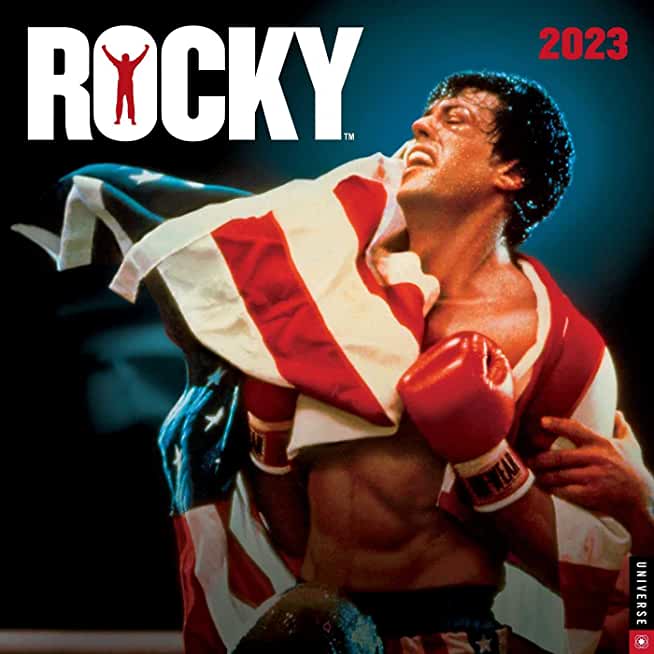
Athletes whose skin was black numbered few in the 1890's. Most whites couldn't comprehend nature's gifting of speed to Negro sportsman. The tale is narrated by a Hoosier journalist, who grew up with Taylor in Indianapolis. The story quickly slips from childhood innocence when fourteen-year-old Taylor accidentally entered and won an important local race. What follows is a glorious nightmare of long train rides to races, training on dirt roads, and bigotry at every turn. First banned, then threatened by cycling's sons of the confederacy, and finally a near-death experience at the hands of an east coast elite wheelmen. It was an era when ballparks seated those who were too late to buy tickets to the bike track. With all the thrills of early NASCAR, period bicycle racing was evolving into a hard charging, dangerous off-shoot endeavor called motor pacing. Smoking, noisy bastardized multi-rider contraptions represented the evolution of bicycles with motors. Planted on a 40-degree track banking at breakneck speeds, riders, pacers and spectators more than once ended up as fatalities. In some of his races, Taylor, whose coach trained him as a trick rider faced a field, a third of whom weren't there to win, but rather doggedly make sure he didn't. As myopic race officials turned the other way, he was forced to dart and elbow his way through the pack and often win despite the odds. A US national champion, and then world champion in 1899, Taylor was the world's highest paid athlete, black or white, and very much in demand on the continent. Desperate to escape the racism of America; he signed a contract to race abroad, but there were challenges. The Maj gathered his power from the Almighty and came from a deeply religious family. He promised his mother on her deathbed he would never race on Sundays; the day Europeans went to bike races. So badly did they want to see Negro Volant do battle, that the entire sport in Europe with millions of fans adjusted their schedules to accommodate. This true story finishes during the Great Depression with Taylor's sad ending in a south Chicago pauper's grave. The Black Cyclone is told by Rene Maurer and multi-Olympic cyclist John K. Howard, who was inducted into the USA Cycling Hall of Fame with Major Taylor.







